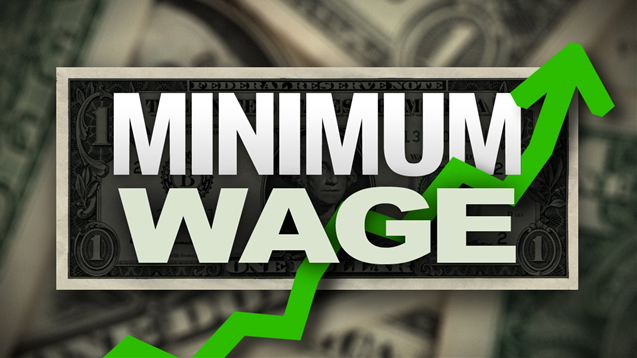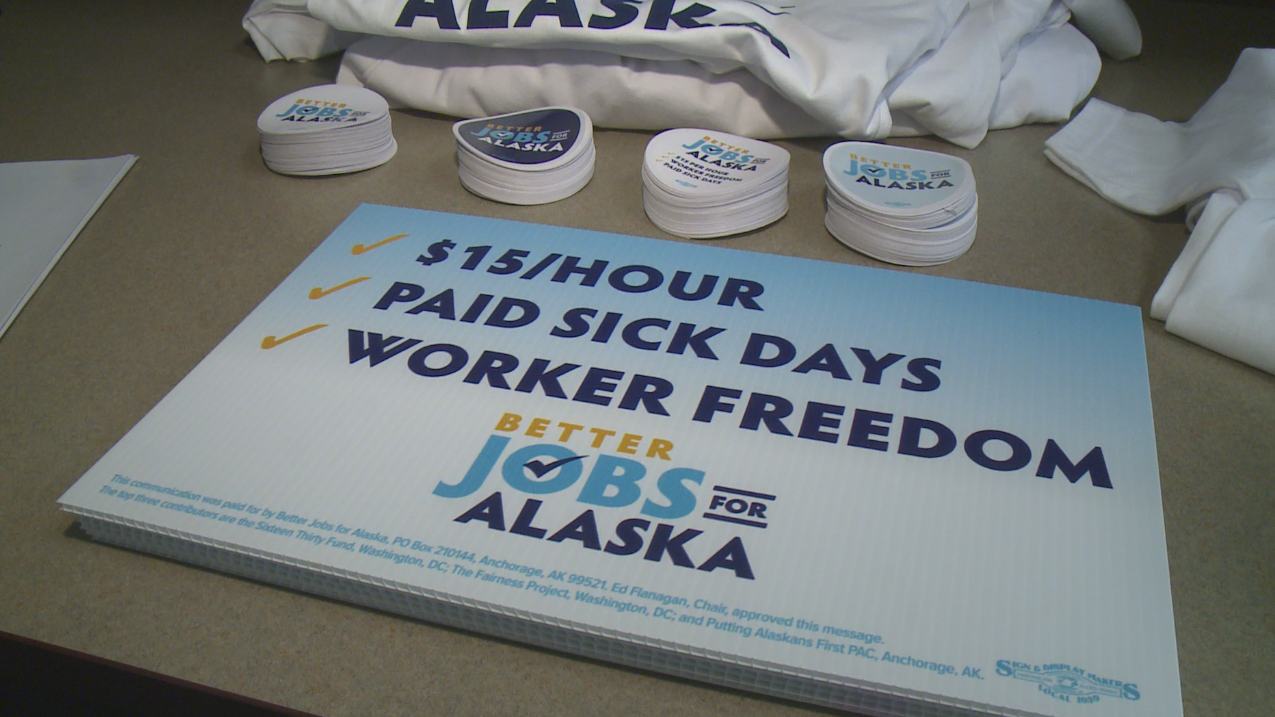The Federal Standard Minimum wage of $7.25/hour has not increased in more than a decade and is now the longest stretch in the nation’s history without a minimum wage bump.
This situation has prompted smaller jurisdictions to pass a flurry of new minimum wage laws over the past few years. As a result, states, counties, and cities throughout the country are increasing their minimum wage starting on July 1, 2022. Currently, there are 30 states with minimum wages higher than the federal minimum wage. In addition, there are now 54 jurisdictions with higher minimum wages than their states’ minimum wage.
Here is a list of new minimum wage changes:
California
Several cities in California are increasing their minimum wage effective July 1. Emeryville remains the city with the highest minimum wage for all workers in the country.
- Alameda – $15.75/hour
- Berkeley – $16.99/hour
- Emeryville – $17.68/hour
- Fremont – $16/hour
- Los Angeles – $16.04/hour
- Malibu – 15.96/hour
- Milpitas – 16.40/hour
- Pasadena – $16.11/hour
- San Francisco – $16.99/hour
- Santa Monica – 15.96/hour
- West Hollywood – $16 (small employers, 49 or fewer employees), $16.50 (large employers, 50 or more employees)
Los Angeles County has its own minimum wage rate set at $15.96/hour
In addition, the minimum wage for Hotel Workers increases in these cities on July 1.
- Los Angeles – $18.17/hour
- Long Beach – $16.73/hour
- Santa Monica – $18.35/hour
- West Hollywood – $17.64/hour
Connecticut
Effective July 1, 2022, the minimum wage is $14/hour. This rate goes to $15/hour on June 1, 2023.
- The rate for tipped workers, other than bartenders employed in the hotel and restaurant industry, receive a direct wage of $6.38/hour per hour. The direct wage rate for bartenders is $8.23/hour. Tipped employees’ total wages must be no lower than the state minimum wage.
Illinois
- Cook County
The minimum wage for Cook County is set to increase on July 1 based on the Consumer Price Index (CPI) to $13.35/hour.
- Chicago – minimum wage laws starting July 1:
- Large Employers (21 or more employees) – $15.40/hour, tipped workers – $9.24/hour
- Small Employers (20 employees or less) – $14.50/hour, tipped workers – $8.70/hour
If a tipped worker’s wages plus tips do not equal at least the full minimum wage, the employer must make up the difference.
Maryland
- Montgomery County (NW of Washington DC) minimum wage laws starting July 1
- Large Employers (51 or more employees) – $15.65/hour
- Mid-sized Employers (11– 50 employees) – $14.50/hour
- Small Employers (10 employees or less) – $14/hour
This rate change is the first time the increase was tied to the Consumer Price Index for Urban Wage Earners and Clerical Workers (CPI-W).
Minnesota
- Minneapolis – minimum wage laws starting July 1:
- Large Employers (101 or more employees) – $15/hour
- Small Employers (100 employees or less) – $13.50/hour
No tipped worker exemption
- St. Paul – minimum wage laws starting July 1:
- Macro Employers (10,001 or more employees) – $13.50/hour
- Large Employers (101 – 10,000 employees) – $13.50/hour
- Small Employers (6 – 100 employees) – $12/hour
- Micro Employers (5 employees or fewer) – $10.75/hour
No tipped worker exemption.
Nevada
Nevada has two minimum wage rates, depending on whether an employer offers health benefits. Effective July 1, 2022, the minimum wage in Nevada is:
- $9.50 for employees who are offered health benefits
- $10.50 for employees who are not offered health benefits
Both rates will increase annually by 75 cents until 2024, regardless of inflation. Nevada does not have a separate rate for tipped employees.
Oregon
The minimum wage in Oregon is based on county except for the Urban Growth Boundary around the Portland Metro Area. Oregon does not have a separate rate for tipped employees.
Effective July 1, 2021, minimum wage rates in Oregon are:
- Non-urban counties – $12.50/hour
- Standard counties – $13.50/hour
- Portland metro area – $14.75/hour
Click on the Interactive Map to see the minimum wage by county.
Minimum wage rate changes in Oregon were established in 2016 to increase over seven years gradually. However, current inflation rates were not used in determining the rate increase. In 2023, the minimum wage is adjusted annually based on the increase, if any, to the US City average Consumer Price Index for All Urban Consumers. If inflation continues at its current rate, it is expected that the Portland Metro area will be over $16/hour in 2023.
Washington D.C.
Beginning July 1, the minimum wage in the District of Columbia will increase based on the Consumer Price Index to $16.10/hour for all workers, regardless of the size of the employer.
The base minimum wage for tipped employees will increase to $5.35/hour. However, if an employee’s hourly tip earnings (averaged weekly) added to the base minimum wage do not equal the District’s full minimum wage, the employer must pay the difference.
Here are a couple of other states who have minimum wage changes before the end of the year:
Florida
On November 3, 2020, Florida voters approved Amendment 2, which gradually increases the state’s minimum wage to $15.00/hour by 2026. The next jump in minimum wage starts on September 30, 2022, when the rate goes to $11/hour.
For Tipped employees, the employer must pay a direct wage. The direct wage is calculated as equal to the minimum wage ($11.00/hour) minus the 2003 Fair Labor Standards Act (FLSA) allowable tip credit ($3.02) or a direct hourly wage of $7.98/hour as of September 30, 2022. In addition, tipped employees’ total wages must be no lower than the state minimum wage.
The rate will increase by $1/hour annually for all employees on September 30 until it reaches $15/hour.
Hawaii
House Bill 2510 has passed the State House and Senate and is currently sitting on the Governor’s desk. This bill increases the minimum wage by $2/hour bi-annually, starting on October 1, 2022. The first increase is $12/hour, going to $18/hour by 2028. The minimum wage currently is $10.10/hour ($9.35/hour for tipped employees).
What to do next
If your company is affected by minimum wage changes, notify your workforce management and payroll company as soon as possible. These laws affect payroll, and reporting, and forecasting. If you need help, please contact Time Equipment Company at sales@timeequipment.com or 800-997-8463.
*This information simplifies complex Acts as it is understood by Time Equipment Company. It is not to be taken as legal advice. The regulations for this program are changing. For further information contact your state or local Department of Labor.









